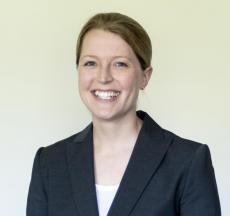Inviting Intervention
Inviting Intervention
Thursday, April 19, 201812:00 PM - 1:30 PM (Pacific)
Abstract:
Foreign intervention sometimes enters by domestic invitation. Recently, the Malian government asked international actors to send troops to help stabilize and strengthen its rule of law, specifically as it faltered after the country’s coup. In this case, explanations for the intervention by invitation tend to revolve around the relative strength of the government, which was weak compared to the somewhat sophisticated militants that opposed it. Such an explanation, however, is unlikely shed much light on the situation since there are many weak governments with faltering or failing rule of law that do not request or receive such governance assistance, at least as far as reporting on these cases suggests. As the United States and its allies withdraw from the major conflicts of the past decade, the focus of international intervention in conflict and post-conflict contexts is likely to occur in cooperation with host states. This project examines an important set of arrangements for weak states: it identifies and explains when states invite other states to intervene for governance assistance—agreements between sovereign entities—specifically with regard to the security sector. These illustrations and tests draw on new quantitative and qualitative data.
Speaker Bio:

